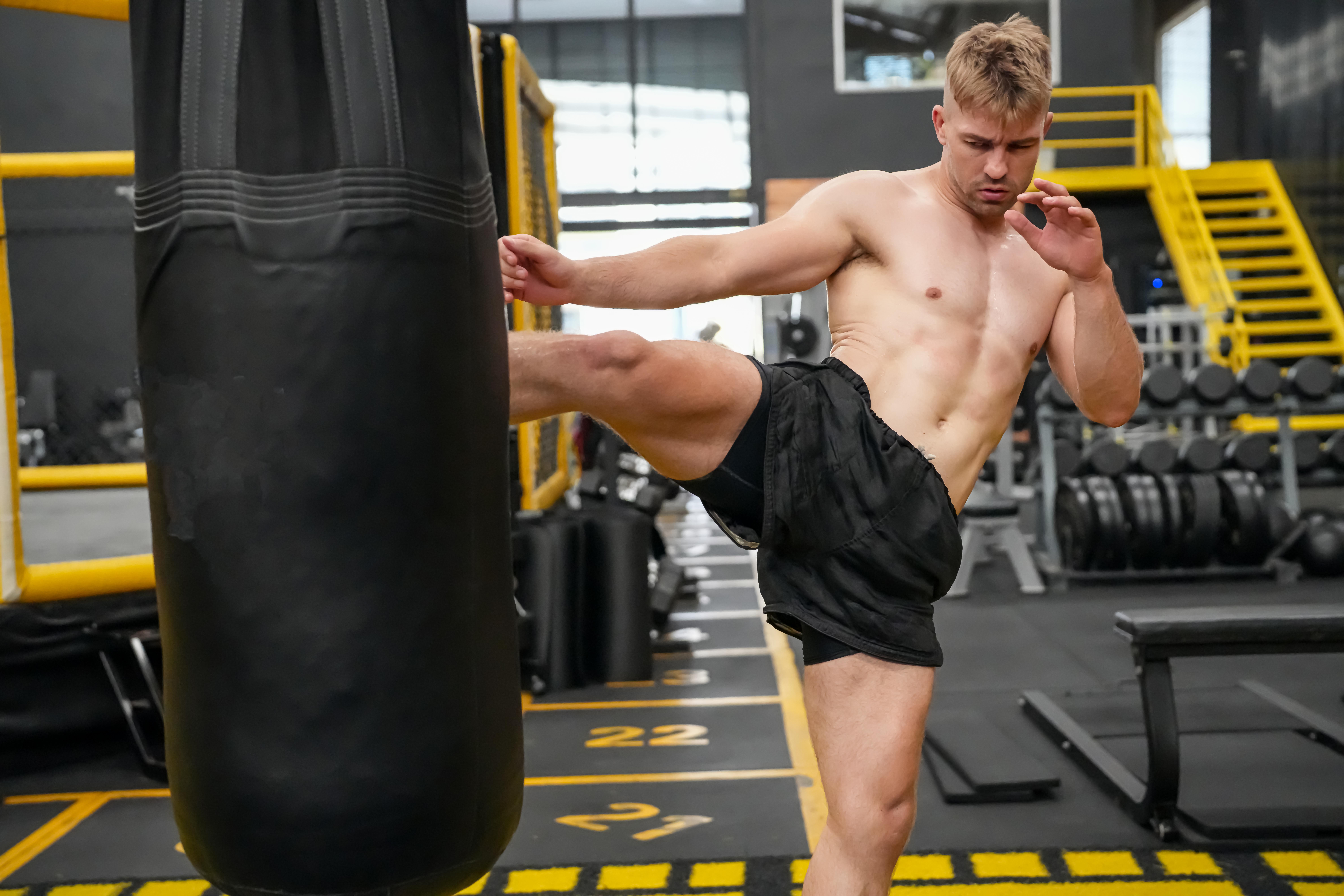Mixed Martial Arts (MMA) has steadily gained popularity worldwide as a competitive sport and an excellent way for self-defense. As it involves multiple martial arts disciplines, MMA demands rigorous training and holistic physical conditioning. This blog post will delve into strategies that can maximize your MMA training, at a professional or personal level. Keep reading to discover how to harness your strength and precision for success in this intense sport.
Maximizing Your MMA Training through Effective Techniques
Understanding and perfecting the various MMA disciplines’ techniques is fundamental to efficient training. Practices like Brazilian Jiu-Jitsu, kickboxing, wrestling, and other forms of martial arts are incorporated into MMA. As you train these techniques, focus on understanding and executing them correctly to avoid injuries.
Strength and conditioning are crucial for MMA training. High-intensity interval training (HIIT) programs are considered effective in improving an athlete’s cardiovascular fitness and muscular endurance, two essential components for any MMA fighter.
Participating in a supportive environment like the San Diego MMA gym can drastically improve your training effectiveness. Regular training under the guidance of experienced coaches can enrich your learning and improve your performance.
Also, be open to learning from every encounter, be it a sparring session, a competition, or a casual training session. Insights derived from your meet-ups can adjust your techniques to become more effective and efficient.
The Role of Nutrition and Hydration in MMA Training Success
High-intensity MMA training demands a well-balanced and clean diet to fuel your body for maximum performance. This includes consuming lean protein, complex carbs, as well as fruits and vegetables while reducing processed foods and sugar intake.
Proper hydration is also vital, especially during intense workouts and competition. Keeping well-hydrated can prevent muscle cramps, overheating, and fatigue, ensuring you can perform at your best at all times.
Supplementing your diet with essential nutrients and vitamins can also help replenish your body and boost your recovery. Consultation with sports nutritionists can guide you in structuring your diet to meet your unique nutritional needs.
Remember, your dietary habits need to align with your training regimen and physical goals. An effective nutritional plan will support your fitness levels, promote recovery, and enhance your performance.
Value of Regular Fitness Assessment and Goal Setting in MMA

Regular fitness assessments allow you to track your progress and identify areas that need improvement. These assessments should cover fundamental aspects like endurance, strength, flexibility, body fat percentage, and overall fitness. They provide a clear picture of where you stand and what goals you need to set to improve.
Setting tangible, realistic goals can also motivate you to push your limits. It’s recommended to set both short-term and long-term goals, ensuring ongoing progression. These goals should be specific, measurable, achievable, relevant, and time-bound (SMART).
Regularly revisiting your goals and adjusting them as necessary keeps you focused. It also allows necessary adjustments to your training plan based on the progress made.
Importance of Incorporating Rest and Recovery in MMA Training Plan
An essential yet often overlooked part of MMA training is rest and recovery. Overtraining can lead to injuries, hinder progress, and result in mental burnout. Rest days, therefore, are as vital as days dedicated to high-intensity training.
Deliberate rest and recovery techniques include sleep, hydration, good nutrition, and various relaxation practices such as yoga and meditation. These help your body repair and rejuvenate.
Also, regular medical check-ups, physical therapy, and massage can aid in preventing injuries and ensure optimal physical health. Paying attention to your body’s signs can signal when you need to slow down or rest.
Utilizing Mental Preparedness Strategies in MMA Training for Optimal Performance

Mental preparedness is as crucial as physical readiness in MMA. The ability to stay calm under pressure, believe in your training, and face any opponent takes as much mental strength as it does physical. Developing mental toughness can be achieved through practices such as meditation, visualization, and positive self-talk.
Meditation can aid in managing stress, enhancing focus, and promoting relaxation. Visualization, which involves mentally rehearsing your strategies and moves, can train your brain to respond quicker and more accurately during actual bouts.
Positive self-talk can improve your confidence and mitigate any negative thoughts that can affect your performance. Mental strength often determines the thin line between victory and defeat in high-pressure situations.
Engagement in psychological skill development programs can also equip you with coping mechanisms to handle stress and enhance your performance.
Altogether, success in MMA requires a well-rounded approach, including the right training techniques, nutrition, regular fitness assessments, adequate rest and recovery, and mental preparedness strategies. It’s a challenging sport that demands discipline, dedication, and determination. So, train smart, and embrace the journey.
